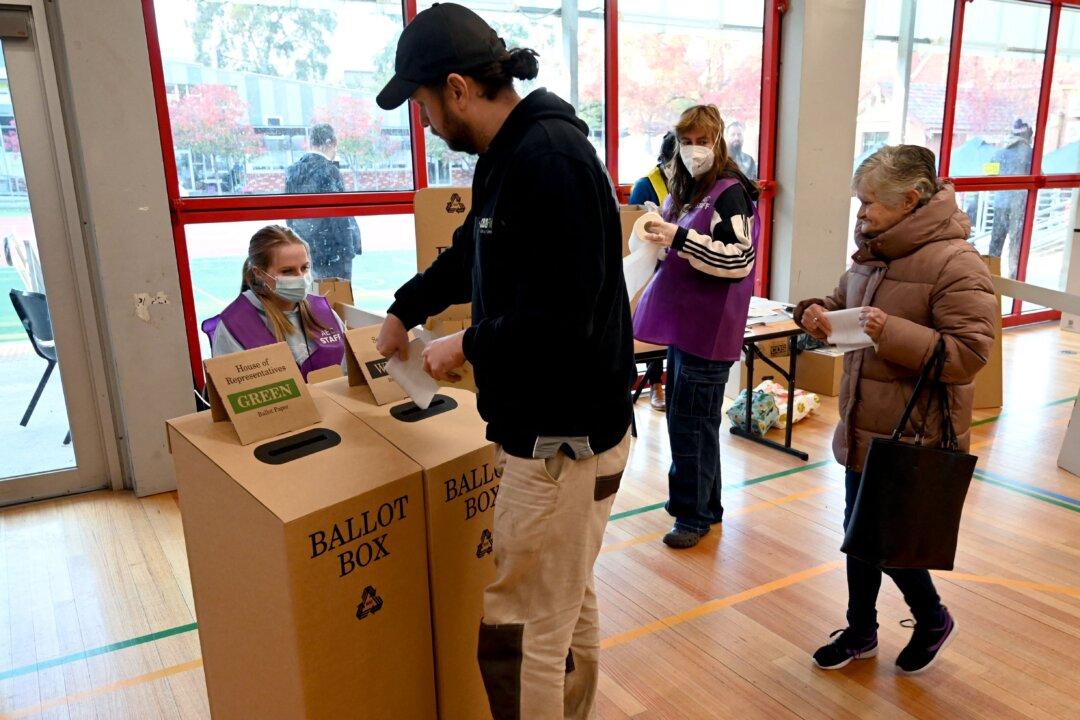The Labor government’s proposal to regulate “truth” in political advertising could risk becoming a tool to shut down free debate, a Melbourne-based think tank has argued.
The comments came in response to the centre-left government signalling that in 2023 it would consider introducing “truth in political advertising” laws as part of a major shake-up to Australian election rules.




